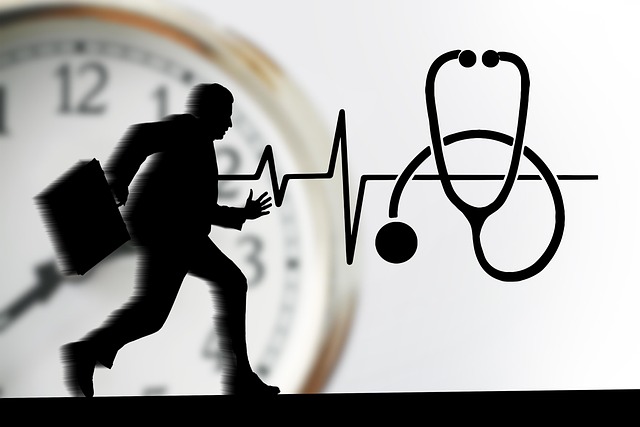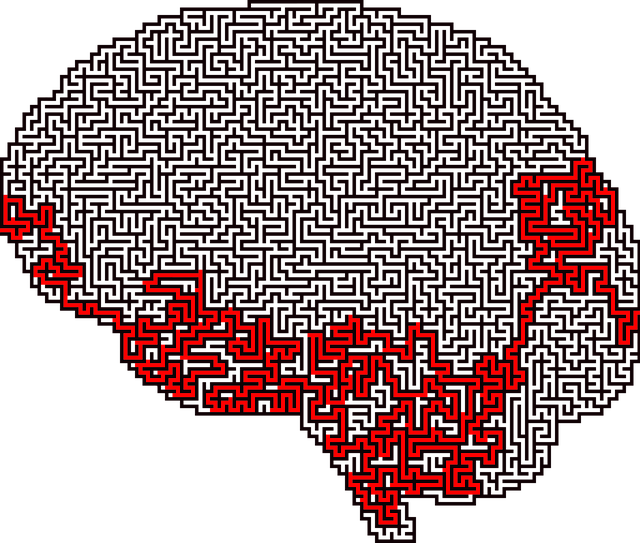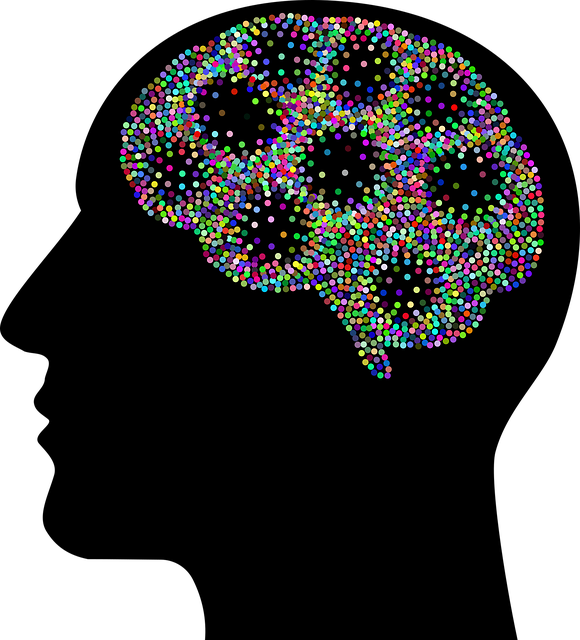Depression, a complex mental health condition, is preventably triggered by environmental factors or genetic predisposition. Therapy for couples counseling and mental wellness coaching highlight self-care, communication, and relationship dynamics as key preventive strategies. Adopting healthier lifestyles, including exercise, balanced diets, and quality sleep, along with building support networks, are vital to combat isolation and emotional regulation. Professional help like Cognitive Behavioral Therapy (CBT) offers personalized guidance for managing depression, emphasizing the synergy of therapy for couples counseling and self-care practices for robust mental health.
Depression is a prevalent condition affecting millions, but it’s not inevitable. This article explores comprehensive strategies to prevent and manage depression, emphasizing the importance of early intervention. We delve into understanding its causes, from biological factors to life stressors. Key focus areas include therapy, particularly couples counseling for relationships, lifestyle adjustments, building support networks, and accessing professional treatment. By combining these evidence-based approaches, individuals can strengthen their mental resilience and reduce the risk of depression.
- Understanding Depression and its Causes
- The Role of Therapy in Prevention: A Focus on Couples Counseling
- Lifestyle Changes for a Healthier Mindset
- Building Support Systems: Connecting with Others
- Professional Help and Treatment Options
Understanding Depression and its Causes

Depression is a complex mental health condition that significantly impacts an individual’s daily life and overall well-being. It goes beyond mere sadness or temporary mood swings; it is characterized by persistent feelings of profound sadness, loss of interest in activities once enjoyed, changes in appetite and sleep patterns, fatigue, difficulty concentrating, and in severe cases, thoughts of suicide. Understanding the causes behind depression is crucial for effective prevention strategies. While genetic predisposition plays a role, making some individuals more susceptible than others, it is not an exclusive determiner. Environmental factors such as trauma, chronic stress, significant life changes, or social isolation can trigger depressive episodes.
The interconnection between mental health and relationships is evident in the rise of therapy for couples counseling, which recognizes that emotional support and healthy communication strategies are vital for preventing depression. This approach focuses on improving relationship dynamics, fostering better emotional regulation, and providing a safe space to process difficult emotions. Additionally, mental wellness coaching programs emphasize the importance of self-care, stress management, and developing effective communication techniques as preventive measures against depression, highlighting the multifaceted nature of addressing this common yet devastating condition.
The Role of Therapy in Prevention: A Focus on Couples Counseling

In the realm of depression prevention, therapy plays a pivotal role, and among various approaches, couples counseling has emerged as a powerful tool. This form of therapy is particularly beneficial for individuals seeking to enhance their relationships and foster resilience against mental health challenges. By focusing on communication, understanding, and support within partnerships, couples counseling can significantly contribute to overall well-being.
Through specialized therapy sessions, couples gain insights into improving conflict resolution strategies, strengthening emotional connections, and developing effective coping mechanisms. This process not only builds resilience in the relationship but also empowers individuals to manage stress and adversity more effectively. Integrating community outreach program implementations and promoting self-care practices alongside couples counseling can further enhance prevention efforts, creating a supportive network that encourages open dialogue and fosters mental health awareness.
Lifestyle Changes for a Healthier Mindset

Adopting a healthier lifestyle plays a significant role in depression prevention and fostering inner strength development. Regular physical activity, a balanced diet, and sufficient sleep are essential pillars for maintaining mental well-being. Exercise, for instance, releases endorphins that boost mood and reduce stress, while a nutritious diet supports brain function and overall energy levels. Additionally, establishing a consistent sleep routine aids in regulating emotional responses, enhancing resilience to depressive episodes.
Beyond physical health, cultivating healthy habits extends to social connections and emotional regulation skills. Engaging in activities that foster meaningful interactions, such as therapy for couples counseling or joining support groups, can provide a sense of belonging and reduce feelings of isolation. Learning emotional regulation techniques allows individuals to manage their responses to challenging situations, thereby preventing them from escalating into prolonged periods of low mood and despair.
Building Support Systems: Connecting with Others

Building strong support systems is a crucial aspect of depression prevention. Connecting with others, whether through social groups, therapy for couples counseling, or even simple conversations with friends and family, can significantly alleviate symptoms and provide much-needed emotional support. Self-Awareness Exercises often encourage individuals to reflect on their feelings and express them openly, fostering deeper connections.
Mental Health Education Programs Design that emphasize the importance of community and interpersonal relationships can equip people with the skills to recognize signs of distress in themselves and others, facilitating timely interventions. Crisis Intervention Guidance is another vital tool, offering strategies for managing acute episodes while reinforcing the value of continuous social engagement as a protective factor against depression.
Professional Help and Treatment Options

Depression can significantly impact an individual’s life, but professional help is a crucial component in prevention and recovery. Seeking therapy offers a safe space to explore underlying issues, develop coping strategies, and build resilience. Trained mental health professionals provide personalized guidance, tailored to each person’s unique situation. This support is especially beneficial for couples facing challenges, as counseling can strengthen communication and improve relationship dynamics, which are essential factors in overall well-being.
Various treatment options, such as cognitive-behavioral therapy (CBT) and interpersonal therapy, have proven effective in managing depression. CBT helps individuals identify negative thought patterns and replace them with healthier perspectives, while interpersonal therapy focuses on improving relationships and social connections. Additionally, crisis intervention guidance can provide immediate support during intense periods, teaching skills to manage acute symptoms. Integrating professional help with a self-care routine development for better mental health, including regular exercise, mindfulness practices, and social engagement, creates a comprehensive strategy for preventing and managing depression.
Depression prevention is a multi-faceted approach that combines understanding, therapy, lifestyle adjustments, and strong support systems. While professional help is crucial, particularly in cases of severe depression, adopting a proactive mindset through self-care and connecting with others can significantly enhance mental well-being. Couples counseling, for instance, offers a unique space to address relationship dynamics and prevent depressive episodes within partnerships. By integrating these strategies into daily life, individuals can build resilience and navigate challenges more effectively, fostering a healthier and happier lifestyle.











